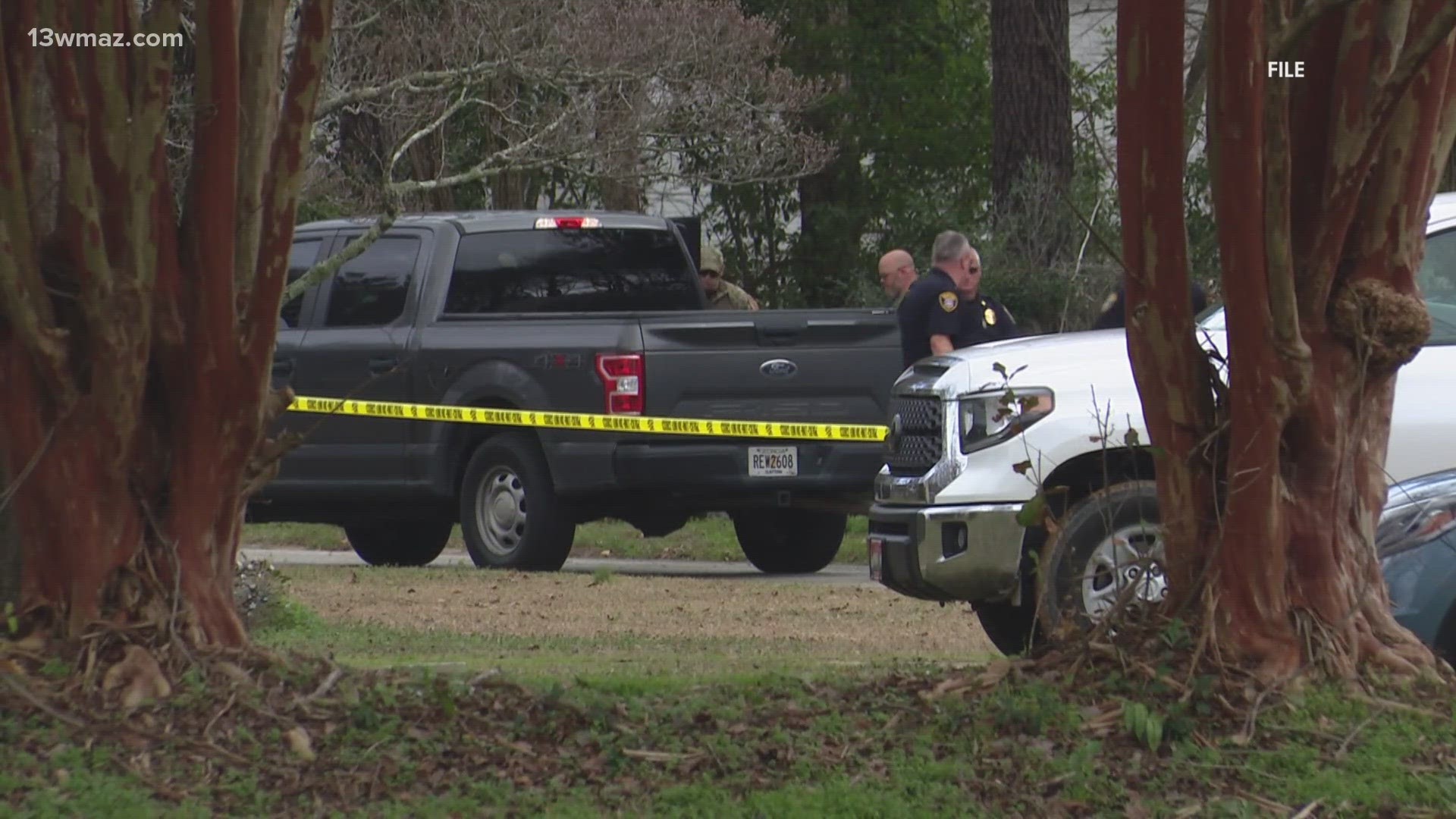HOUSTON COUNTY, Ga. — Far too often, mental health episodes involving first-responders lead to tragic endings.
Sometimes, the helpers need help too.
Mental health is one of the greatest challenges law enforcement deals with today, according to Perry Police Chief Alan Everidge.
During a meeting with Middle Flint Behavioral Healthcare Monday morning, the chief discussed how to oversee the crisis response team they've had plans to launch.
Chief Clinical Officer Willie Greene said he and a few other Middle Flint BHC employees were talking about how they wanted to collaborate.
"In one of the scenarios that we actually discussed was, 'How do we handle an individual who's barricaded?'" Greene said.
In the middle of that conversation, Everidge got a phone call about a "highly-agitated person" who barricaded themselves in a unit at Houston Lake Apartments.
What started off as a coincidence turned into a teaching opportunity.
"As the conversation with 911 continued, the party made some statements about harming other people," Chief Everidge said. "So our officers were dispatched."
Green said they were able to execute a 1013, which is the signal meant to help those in need of receiving mental health treatment during an emergency.
The timing of the incident allowed the mental health professionals to advise Perry Police officers and deputies from the Houston County Sheriff's Office on how to deal with mental health issues as first responders.
Instead of criminalizing a crisis, mental health professionals say that if you treat people's mental health issues, they can get better.
Chief Everidge said the biggest issue in these crises is the available resources, which are limited for both law enforcement and mental health professionals.
With a low supply of licensed counselors, therapists, social workers and psychiatrists in the region, the crisis response team is still trying to meet the high demand of reported mental health episodes.
Simultaneously, they are building the foundation for the protocols they plan on implementing.
"It's about negotiating and responding to the actions of the person you're dealing with," Everidge said. "In this case, he never made an aggressive move towards us."
A trial run that turned into a teaching moment serves as an example of what responders should do, Green said.
If you or someone you love is experiencing a mental health crisis, reach out to the 24/7 crisis lifeline at 9-8-8.

